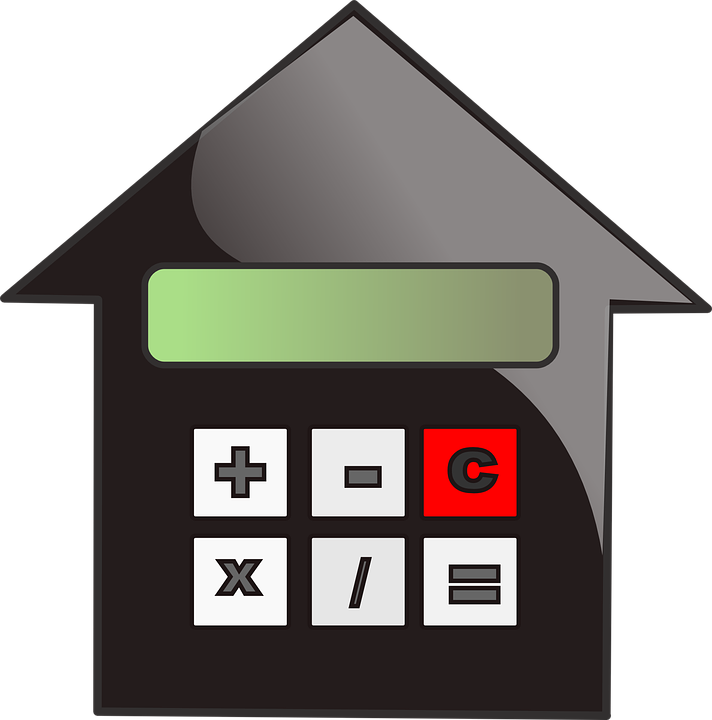Buying your first home can be exciting but by the time it comes down to the paperwork, it starts to get tedious and stressful. There are all kinds of closing costs that will start to pile up. Taken all together, these closing costs will probably be somewhere between 2% to 5% of the cost of the house. The exact closing costs you pay will depend but here are 5 of the most common closing cots to expect when buying a home:
#1 Application & Origination Fees
These are two upfront fees for processing the application and handling administrative costs. Before you submit your application, talk to your lender to clarify exactly what it covers. Because in some cases, the application fee will include other closing costs as well like the credit report and the home appraisal. You can also sometimes get the origination fee removed or find a lender who doesn’t charge one. It’s definitely in your best interest to at least ask.
#2 Home Appraisal
The home appraisal is an unavoidable cost but it’s also one that benefits you. The appraiser comes in to make sure that the home really is worth the price the seller is asking. So this appraisal will save you from paying more for the house than its actual market value.
#3 Home Inspection
Although it sounds similar, the inspection is a separate thing from the appraisal. The appraisal determines the market value of the home. The inspection takes a closer look into the actual structure to make sure there are no problems. The seller is responsible for reporting all known problems in the house upfront. But they don’t always know or willingly disclose everything. So a home inspection will make sure there aren’t any hidden termite problems or structural issues with the house.
You should make sure that you don’t sign anything that forfeits your rights to demand the repairs or walk away from the deal if the appraisal turns up anything unexpected. This is one of the reasons it’s so important to work with experts who can read through the details and make sure you are getting a fair deal.
#4 Credit Report
In the end, a mortgage is a loan. That means that in order to qualify for one, the lender needs to know your credit score. In a lot of cases, you are responsible for paying the costs of getting the credit report. You won’t have to get it yourself but you pay the fee the lender pays to request it.
#5 Homeowner’s Insurance
Every homeowner needs to have insurance on their home. This insurance will cover any damages to the home. And in most cases, you pay the first year of insurance upfront with the closing costs. Before agreeing to the terms, though, go through the insurance policy closely to make sure it will actually cover the damages you need covered. Insurance policies can be tricky. This is yet another reason to bring an expert in to help you make sure you are getting an insurance policy worth paying for.









